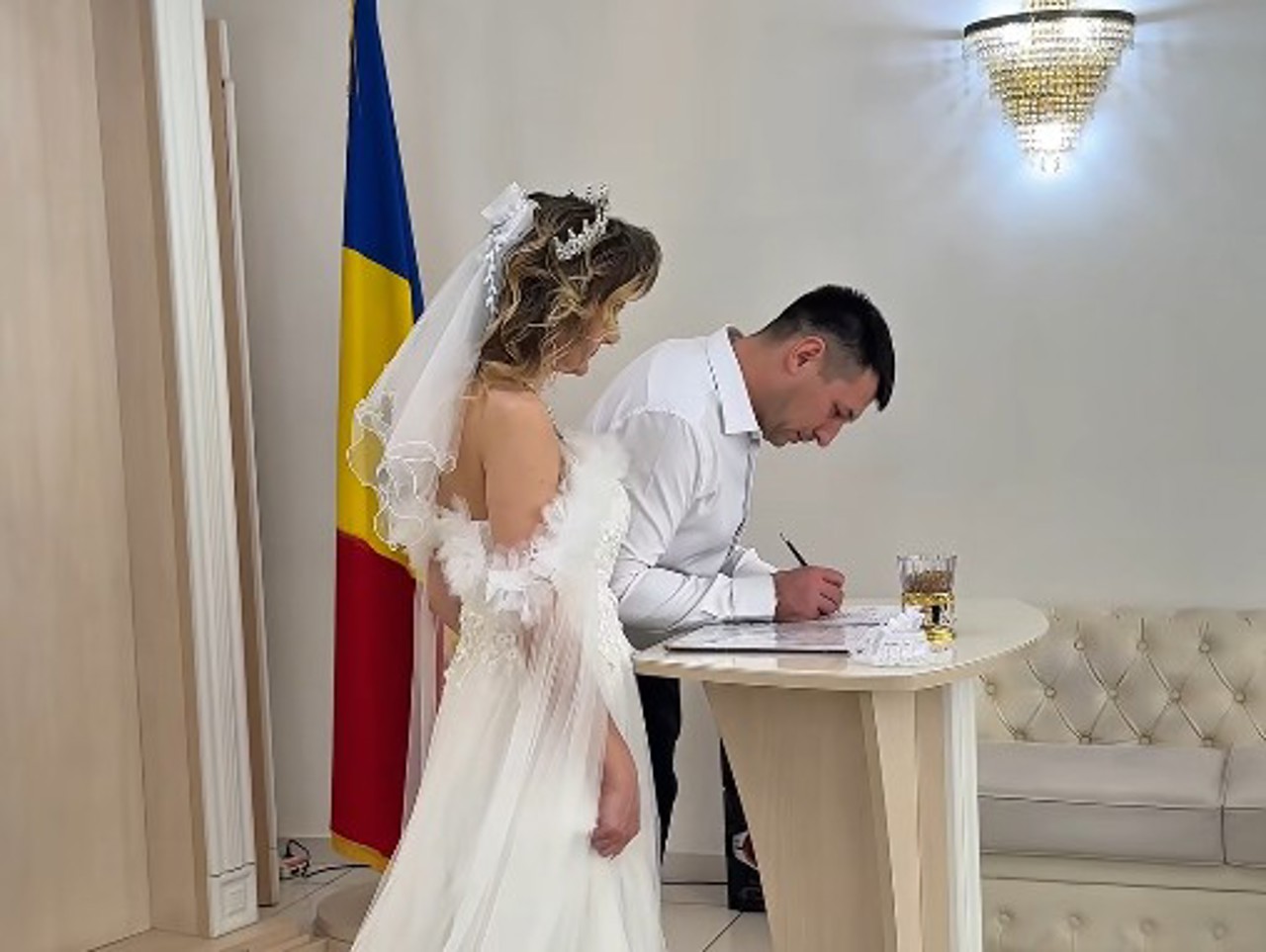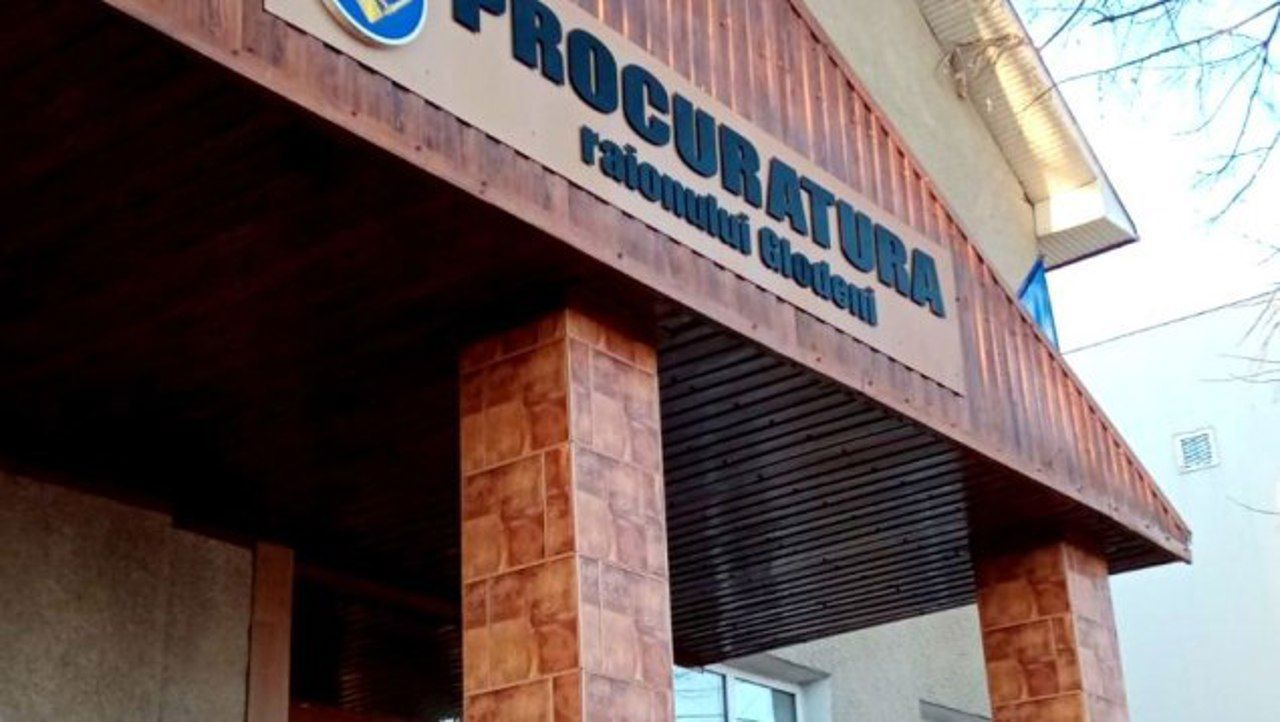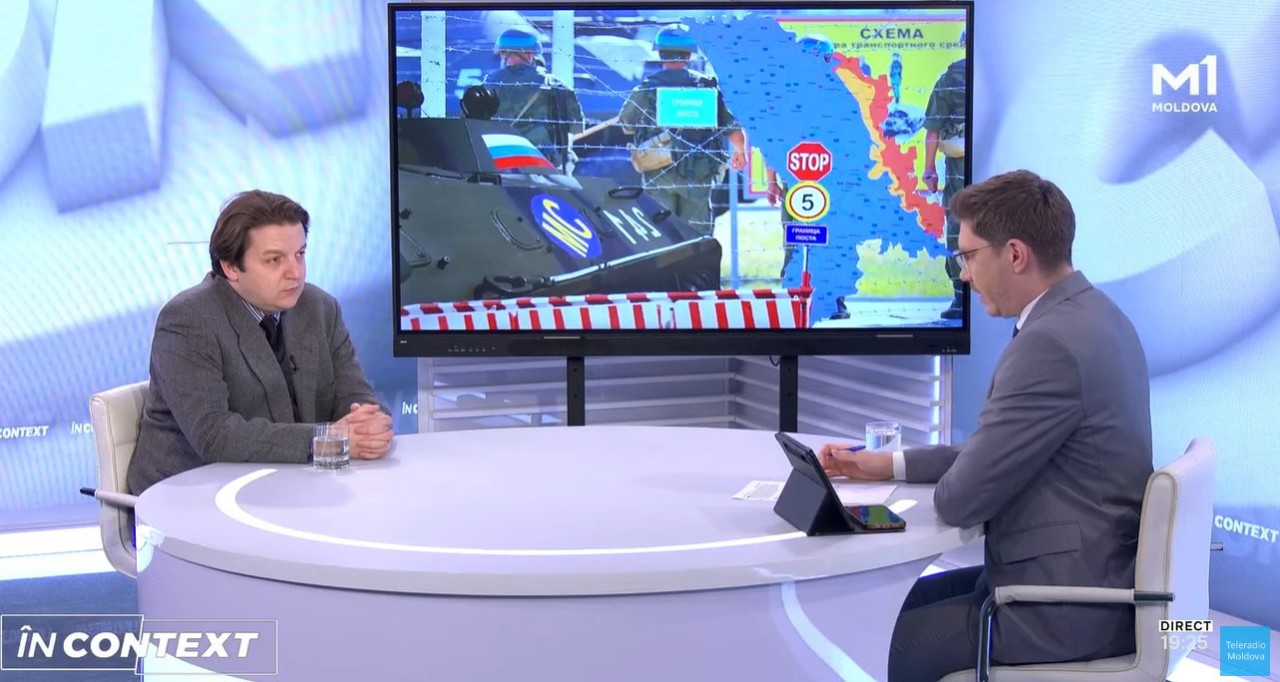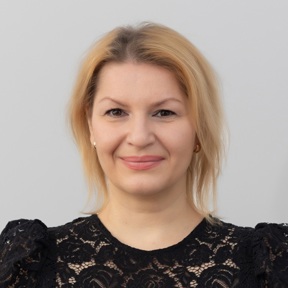Georgia Divided: Pro-West or Pro-Russia?
The Georgian parliament on Wednesday passed the first reading of a draft law on "foreign agents," sparking days of protests from critics who denounce it as authoritarian and modelled after Russian legislation, according to Georgian media reports cited by Reuters.
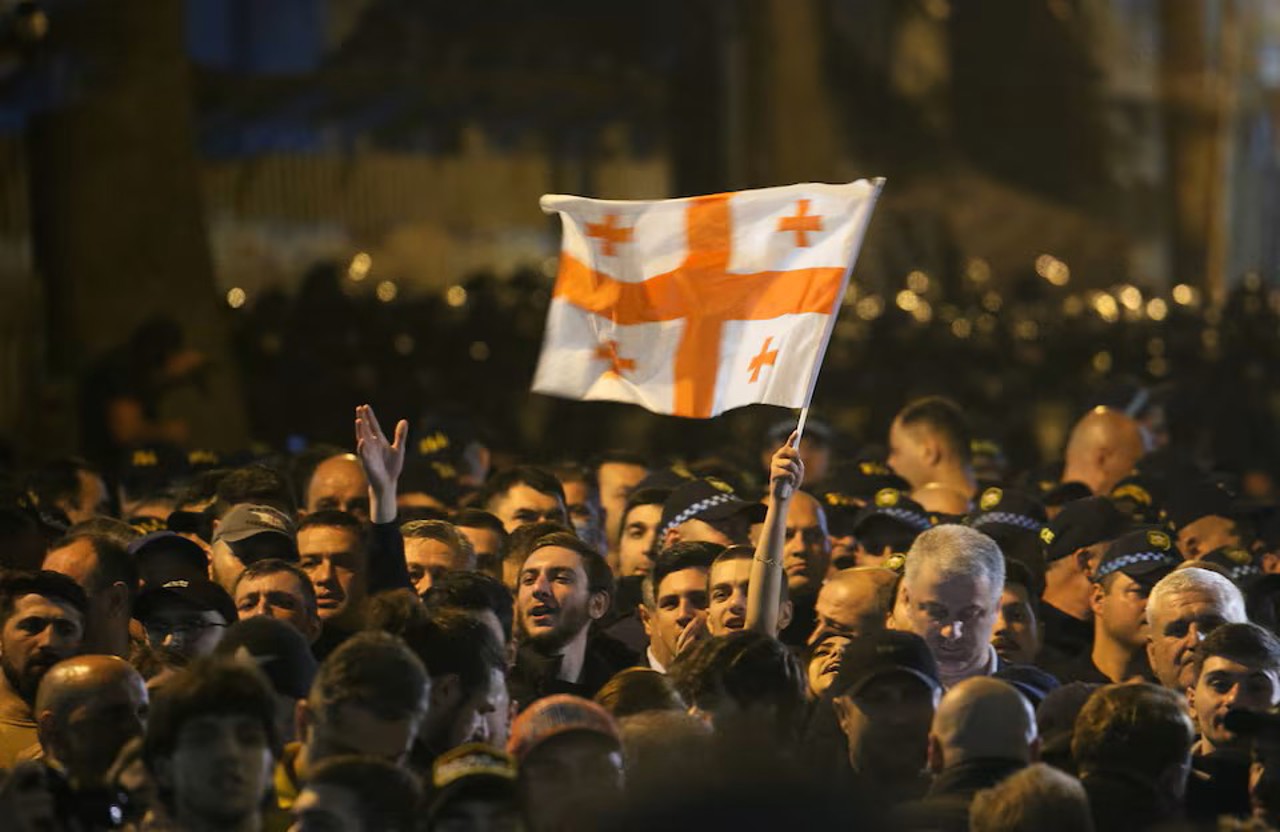
Out of the 150 lawmakers, 83 voted in favour of the draft law, while opposition members boycotted the vote. The legislation must still undergo two additional readings before becoming law. The bill would mandate organisations receiving more than 20% of their funding from abroad to register as foreign influence agents. Critics have compared it to a law extensively used by Russia to suppress dissent.
The fate of the bill is widely seen as a litmus test for Georgia's future trajectory. 33 years after the Soviet Union's collapse, the country faces a critical decision: pursue deeper integration with the West or revert to a closer relationship with Russia.
On Tuesday, clashes erupted between protesters and riot police who deployed pepper spray to disperse thousands of demonstrators chanting slogans against the so-called "foreign agents law."
Eleven people were arrested, and one police officer sustained injuries. Opposition groups have called for renewed protests on Wednesday evening.
Russia remains unpopular in this South Caucasus nation of 3.7 million people. The country endured a brief war with Russia in 2008 over the Moscow-backed breakaway territory of South Ossetia.
The United States, Britain, and European countries have all issued warnings against adopting the draft law. The European Union, which granted Georgia candidate status in December, has declared the legislation incompatible with its values.
The Kremlin, in a statement issued on Wednesday, denied involvement in the foreign agents bill, describing it as "standard practice."
Spokesman Dmitry Peskov claimed external actors were exploiting the situation to stoke anti-Russian sentiment.
The ruling Georgian Dream party, facing accusations of authoritarian tendencies and excessive affinity for Russia, maintains that the bill is necessary to promote transparency and combat the imposition of "quote-unquote liberal values" by foreign actors.
The legislation, initially introduced in March 2023 but shelved following two nights of violent protests, has further exacerbated divisions within an already deeply polarised Georgia.
Translation by Iurie Tataru

